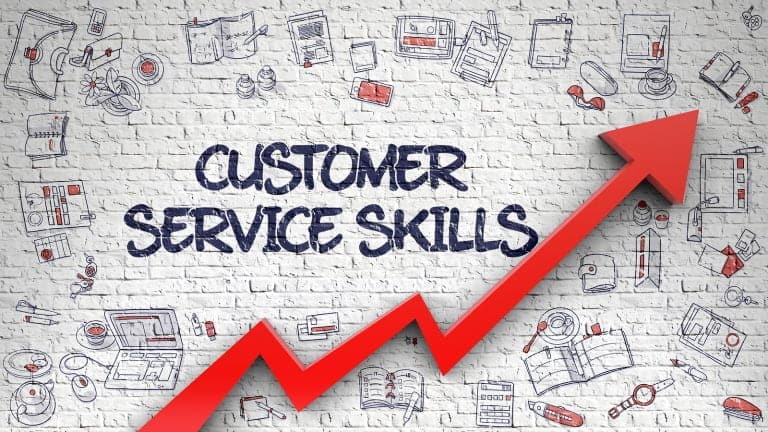The introduction of AI-powered chatbots like the one deployed by Klarna, which has been reported to handle a significant portion of customer service interactions, carries profound implications for customer service jobs, especially at the entry-level. This technological shift is poised to redefine the landscape of employment in sectors heavily reliant on customer interaction roles.
A Bit of My History
I spent my early years in customer service roles. They were pivotal to honing my skills for future sales roles. I can remember the days working at the new call centre in New Brunswick. The fact that 400 jobs were moved from Toronto to St. John was huge. Approximately 250 jobs were lost in greater Toronto area. The shift to cheaper human capital was alive and well then. However, the shift to technology driven human capital replacements was just a dream. Not anymore.Quantifying the Impact on Entry-Level Jobs
Let’s consider a hypothetical yet realistic scenario to understand the magnitude of potential job displacement. Assume that an AI chatbot can effectively handle the workload of 10 customer service agents. In a company with a customer service department of 100 agents, the full adoption of such AI technology could potentially replace up to 60-70% of the workforce or more, assuming the chatbot can manage two-thirds of the customer interactions as indicated by Klarna’s example. The actual percentage could vary based on the complexity of customer queries and the AI’s ability to handle them. But this is huge by any standard.AI in Customer Service – Industry-wide Implications
Expanding this scenario to an industry-wide perspective, the implications become more significant. The global BPO industry employed approximately 3 million people in the US are in customer service roles as of the last few years. If AI chatbots can take over a substantial portion of this workload, the industry could see a reduction of hundreds of thousands, if not, millions of jobs, primarily impacting entry-level positions just in BPO organizations.The Economic and Social Impact
This technological shift doesn’t just affect traditional BPO companies. It also affects in-house customer service departments across various sectors, including retail, banking, telecommunications, and more. The cumulative job loss across these sectors could be in the millions worldwide, assuming widespread adoption of AI chatbots akin to Klarna’s implementation. The math is not looking good for customer service and the speed of change could be catastrophic. The displacement of entry-level customer service jobs due to AI chatbots carries economic and social ramifications. Economically, this could lead to significant savings for companies in labor costs but also result in decreased consumer spending due to unemployment or underemployment among former customer service agents. Socially, the impact could be profound, particularly in regions where BPO jobs represent a significant portion of the employment market. The loss of entry-level positions removes a critical stepping stone for many individuals to enter the workforce, potentially exacerbating unemployment rates and widening the income inequality gap.Mitigating the Impact of AI – What Can We Do?
To mitigate the adverse effects of this transition, companies and governments must collaborate on strategies such as:- Reskilling and Upskilling: Providing training programs for displaced workers to gain skills in emerging fields, including AI management, cybersecurity, and data analysis.
- Creating New Job Roles: While AI can automate certain tasks, it also creates new job opportunities in AI supervision, ethics, and customer experience enhancement roles that require a human touch.
- Strengthening Social Safety Nets: Enhancing unemployment benefits, social security, and providing transition assistance to those affected by technological displacement.
AI in Customer Service – Conclusion
The deployment of AI chatbots in customer service, exemplified by Klarna’s assistant handling a substantial share of customer interactions, signals a significant shift in the employment landscape for entry-level positions. While offering efficiency and cost benefits to companies, it also prompts a critical examination of the future of work and the necessary steps to ensure that workers displaced by such technologies can find meaningful employment in the new digital economy. The challenge and opportunity lie in balancing technological advancement with equitable economic growth and social well-being.AI in Customer Service – FAQ
- How does AI impact entry-level customer service jobs?
- What historical shifts in customer service employment have occurred?
- What sectors are most affected by AI in customer service?
- What are the economic and social implications of AI displacing customer service jobs?
- How can we mitigate the adverse effects of AI on employment?






